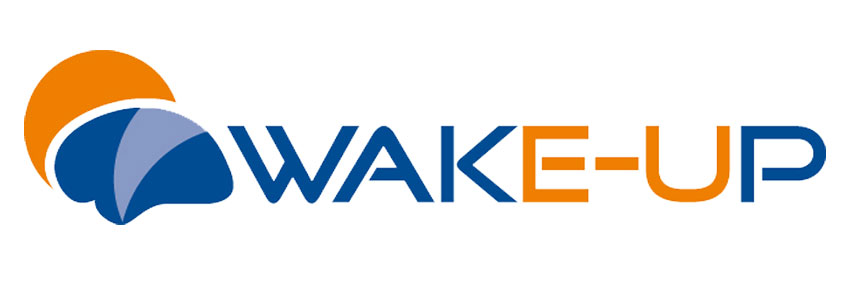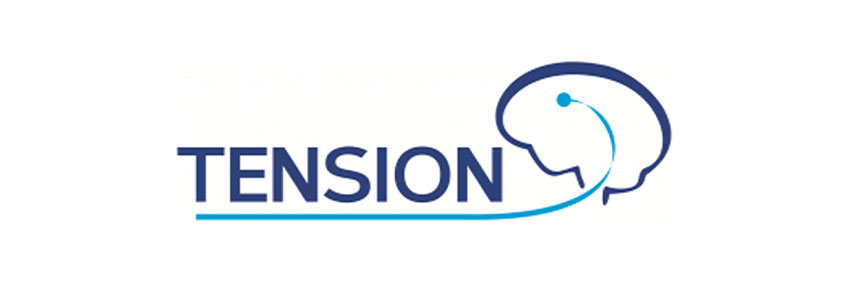Efficacy and Safety of MRI-Based Thrombolysis in Wake-Up Stroke WAKE-UP was a European multicentre investigator-initiated randomized placebo-controlled clinical trial of MRI based thrombolysis in acute stroke patients with unknown time of symptom onset, e.g. due to recognition of stroke symptoms on awakening. WAKE-UP was a European collaborative research project launched by a consortium
TENSION Trial
Stefanie Discher2023-12-12T13:51:37+01:00TENSION was an investigator-initiated, randomized controlled, open label, blinded endpoint, European, two-arm, postmarket study to compare the safety and effectiveness of thrombectomy as compared to best medical care alone in stroke patients with extended stroke lesions. Patients were eligible, if they presented with an Alberta Stroke Program Early Computed Tomography Scan score of 3–5.
SFB 936 Multi-site communication in the brain
Stefanie Discher2023-12-12T14:40:08+01:00Our group investigates disturbances of structural and functional brain networks within the collaborative research group 936 (SFB 936, Multi-Site Communication in the Brain, project C2). In collaboration with project C1 from the SFB, we collected and curated the UKE stroke database, a longitudinal study of patients with first symptomatic stoke and upper extremity motor

Cerebrovascular disease in population-based studies
Stefanie Discher2020-08-27T16:42:27+02:00We investigate determinants and impact of cerebrovascular disease in the HCHS study, a large-scale prospective study integrating genetic studies, blood biomarkers, modern imaging techniques and behavioral parameters (Jagodzinski et al., 2020). Integrating findings from epidemiology and genetic, blood and modern imaging markers, we aim at identifying targets for effective early detection and ultimately prevention
Deep Learning and lesion segmentation
Stefanie Discher2023-12-12T14:53:36+01:00White Matter Hyperintensities (WMH), lacunar stroke lesions and incident infarcts are MRI biomarkers which indicate cerebral microangiopathy, a risk factor for stroke and vascular dementia. In collaboration with our partners at the Frauenhofer Institute for Digital Medicine MEVIS and mediri Medical Imaging Research Institute, we develop automated imaging segmentation and quantification tools to apply
Lesion symptom inference
Stefanie Discher2020-08-27T16:41:50+02:00We explore novel, innovative multimodal approaches for lesion-deficit mapping in patients with ischemic stroke in collaboration with researches from the Institute of Computational Neuroscience at the UKE (head: Prof. C. Hilgetag). To better account for the dimensionalities inherent in brain anatomy and lesion patterns, we apply inference approach based on game theory, specifically Multi-perturbation
StroCare
Stefanie Discher2020-08-27T16:42:13+02:00Optimised Cross-sectoral, Coordinated Treatment of Stroke Patients With Patient-orientated Outcome Measurement StroCare is an interventional study of Optimised Cross-sectoral, Coordinated Treatment of Stroke Patients With Patient-orientated Outcome Measurement. After stroke, patients often experience incisive changes in their health, daily routine and quality of life. The developed model of care (StroCare treatment) forms a
IMPROVE
Stefanie Discher2020-08-27T16:42:19+02:00Interdisciplinary Platform for Rehabilitation Research and Innovative Care of Stroke Patients IMPROVE is an Interdisciplinary Platform for Rehabilitation Research and Innovative Care of Stroke Patients. The aim of this collaborative platform is to foster neurorehabilitation research and to transfer evidence-based innovative neurorehabilitation into clinical practice. As a first step, an observational, longitudinal, multicenter





